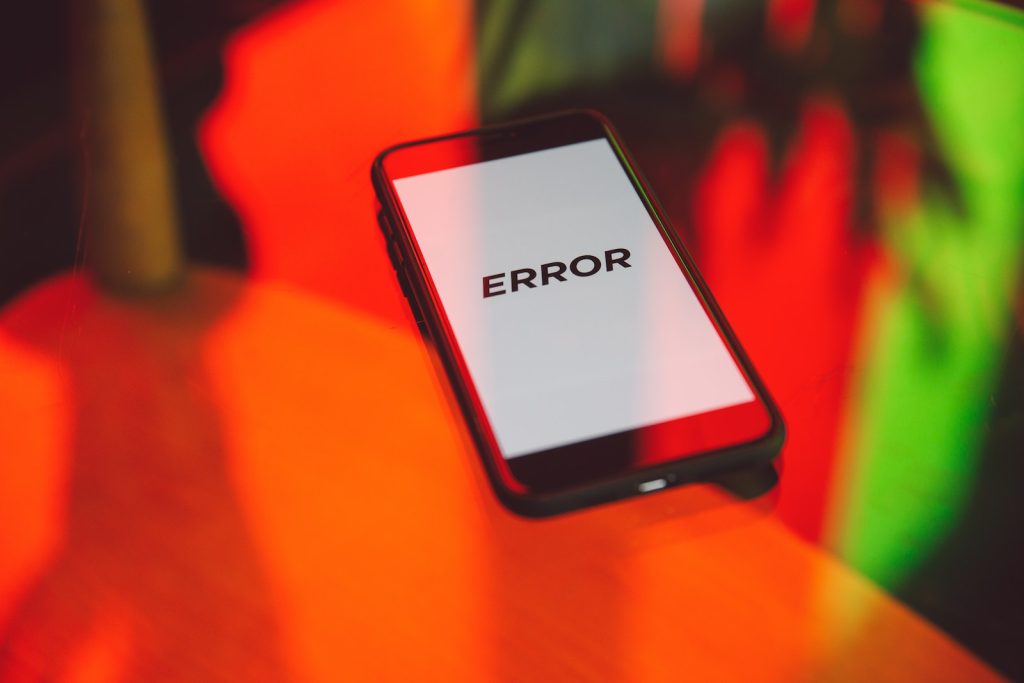
If you’re struggling to navigate the complexities of credit reporting and need extra assistance, don’t hesitate to seek professional help from a credit counselor or financial advisor. These experts can provide valuable insights into how credit reports work and offer guidance on how to dispute errors. They can also review your credit report with you and help create a plan for improving your overall score.
It’s important to note that not all professionals are created equal, so it’s essential to do your research before engaging one. Look for someone who is accredited by reputable organizations such as the National Foundation for Credit Counseling or the Financial Planning Association. Additionally, consider their experience level, fees, and reviews from previous clients.
Remember that while seeking professional help can be beneficial in certain situations, there are also plenty of resources available online or through government agencies that can assist you with understanding and disputing errors on your credit report. Ultimately, the goal is to take control of your financial situation by addressing any inaccuracies on your report and developing healthy habits around managing debt and credit usage.
| PROS | CONS |
|---|---|
| Can offer personalized guidance based on individual circumstances | May charge high fees for services |
| Can provide expert knowledge about credit reporting laws | Not all professionals are trustworthy or effective |
| Can assist with creating a plan for improving overall credit score | May not be necessary if errors are minor or easily corrected without assistance |
Frequently Asked Questions
What is the Fair Credit Reporting Act and how does it protect consumers?
The Fair Credit Reporting Act (FCRA) is a federal law that regulates the collection, dissemination, and use of consumer credit information. It ensures accuracy, fairness, and privacy protection. The FCRA gives consumers the right to dispute errors on their credit reports and have them corrected.
Can disputing errors on my credit report negatively impact my credit score?
Disputing errors on your credit report won’t negatively affect your score. In fact, it can improve it by removing inaccuracies. Keep documentation and contact the credit bureau directly to resolve any disputes.
What happens if the credit bureau refuses to correct the error?
If the credit bureau refuses to correct an error, you have the right to submit a statement of dispute. This statement will be included in future reports and can help lenders understand your side of the story. Keep fighting for your credit accuracy.
How long does the dispute process usually take?
The dispute process can take up to 30-45 days, but some cases may require more time. It’s important to stay vigilant and follow up with the credit bureau regularly until the issue is resolved.
Are there any errors that cannot be disputed on a credit report?
Some errors, such as accurate information, cannot be disputed on a credit report. However, if you believe an error exists, gather evidence and submit a dispute with the credit bureau reporting the mistake.
Conclusion
Congratulations! You’ve successfully disputed errors on your credit report. By taking control of your credit and correcting any mistakes, you’re setting yourself up for financial success in the future.
Remember to always check your credit report regularly and monitor it closely for any inaccuracies. If you find an error, gather all necessary documentation and file a dispute with the credit bureau. Follow up on your dispute and be persistent until the issue is resolved.
It’s important to understand your rights under the Fair Credit Reporting Act, which protects consumers from inaccurate information being reported on their credit reports.
If you ever feel overwhelmed or unsure about how to handle a situation involving your credit report, don’t hesitate to seek professional help from a reputable credit counseling agency or legal expert.
Keep up the good work and continue to prioritize your financial well-being!